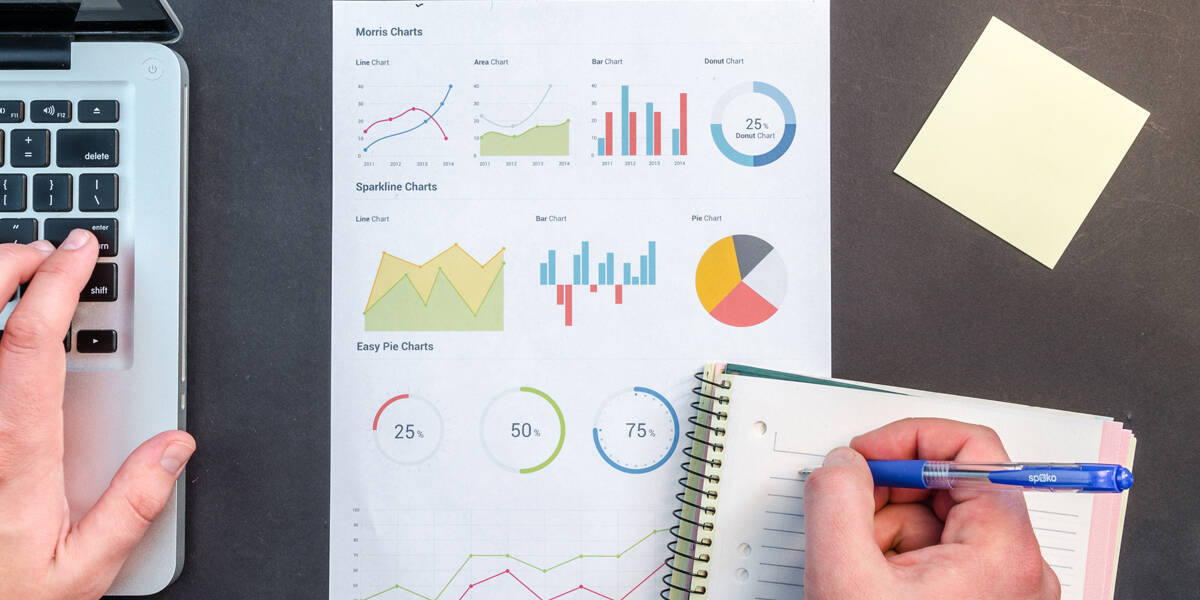Having a sound accounting system can be the make or break aspect of a small business. Accounting systems are different than bookkeeping. An accounting system is the how the business handles each step of the financial system of the business. This can be the sales cycle, payroll, inventory management, accounts payable, and accounts receivable management.
One of the biggest areas that is important for small businesses is having a well-established sales cycle because if you do not know how much someone owes you or who owes you money you will not be collecting any revenue. It is important to establish a system that tracks either sales or products or tracking the services you provide for your customers. One way to do this is through invoicing. Have an invoice that says the date of the invoice, when the money is owed, what the invoice is for, and number them numerically so that they are easier to manage.
Payroll cycles can be complex due to the federal and state filing requirements and all of the different taxes the company pays or has to withhold for its employees. Tracking sick days and vacation pay is important as well. Payroll is a function of the accounting system that is cheaper to outsource to an accountant and will save some headache. Ferretti CPA offers payroll processing and can make sure that the business owner can focus on the more important aspects of running their business.
Inventory management is crucial for companies that have inventory. This is the way your company makes money and making sure your inventory numbers are accurate will help make sure you do not have back orders due to lack of inventory and that none of your inventory is magically disappearing. There are different software that a company can buy that help track this, but if the company is small enough, storing the daily or weekly inventory could make more sense.
Accounts payable is an accounting term that means anything the company owes but has not paid for. This could be the utilities used to run the building, rent for the office, or anything else the company may need. It is important to track the due dates and potential discounts for paying early so that your company is not charged additional fees, the relationship between your business and the vendor is not damaged, and so that the company can hold onto its cash for as long as possible. Keeping a calendar for when bills are due can be extremely helpful in the beginning for small business owners to get a handle on this.
Accounts receivable is an accounting term for money that people owe you. AR is part of the sales cycle, but it is important to place additional measures for tracking these amounts. Similar to the accounts payable calendar, it may be helpful to have a separate calendar to track when your payments should be coming in. This will help you know when to prompt payment from your clients if they are ever late paying.
Being on top of the accounting system may seem like a daunting task, but once it is set up, most of the tasks can become more automated and can become a daily task that you get in the habit of doing. At the end of the day, you will feel more in control of your business the stronger the accounting system is.
